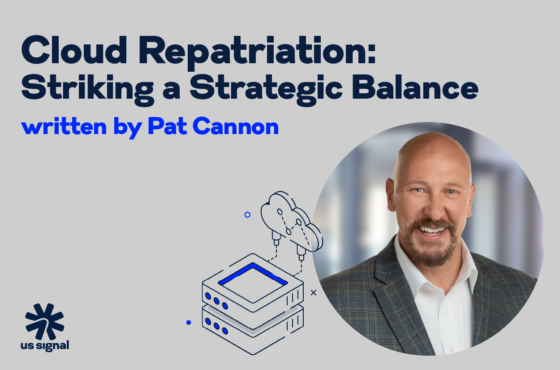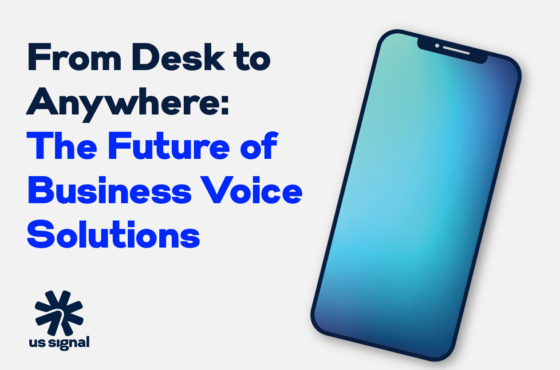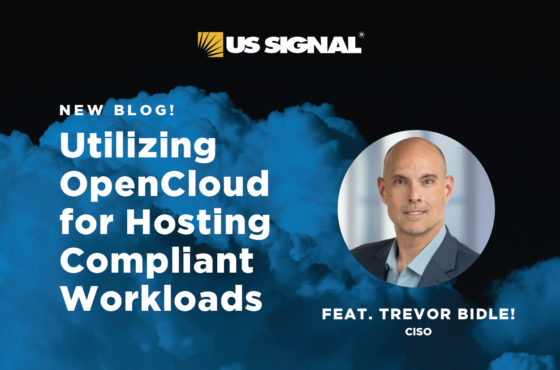Dedicated Network Connections Reduce Latency
July 12, 2017
Cloud, Hybrid IT, Network
Moving workloads to a public cloud service is one thing. How you connect your users to those workloads is another — and can make a big difference in terms of the benefits you reap from your cloud migration. Your options: the public Internet or a dedicated network connection.
The Downside of Internet Connections
The public Internet is the easiest, least expensive cloud connection, and there are plenty of use cases where this topology is perfectly acceptable. There are also many for which it is unacceptable.
For example, think about the business-critical applications that your employees count on to perform their jobs. If those apps are now in a public cloud, chances are that endless hops across the Internet are creating latency and exposing your data to unnecessary risk. You might have saved a few dollars a month on that cheap Internet connection, but your users are tearing their hair out in frustration waiting for their apps to load and your data could easily become the target for cyber-thieves.
If only there was a way to efficiently establish a private connection with those public cloud behemoths. Creating your own physical connection to them is not a scalable strategy. This is where a US Signal Virtual Cloud Connection (VCC) can help.
The Benefits of a Dedicated Cloud Connection
With a VCC, you can take advantage of US Signal’s expertly architected, private network and leave the bargain Internet connection for its true intended purpose — funny cat videos.
A VCC provides you with a direct, dedicated network connection to major cloud providers without having to peer directly or collocate your networking equipment in a provider-supported data center. You can use a VCC to establish layer 3 connectivity between your private data center or a US Signal cloud service to other cloud providers, including AWS, Azure, and Google.
Among the benefits of a VCC are:
- Enhanced Security – Why take unnecessary risk? Stop sending your data over the unsecured public Internet, and instead segregate it with private transport. Does this mean you shouldn’t encrypt your data in flight? No, that’s still a best practice you should follow. However, a VCC provides an additional layer of protection by providing a dedicated logical security context due to the private transport.
- Better Performance – A VCC improves performance because it reduces the number of hops across the open Internet. Also contributing to better performance is the dedicated path with bandwidth that you don’t have to share.
- Simplification – With a VCC, you avoid inefficient routing overhead from public connectivity options. Combined with the dedicated connection and bandwidth, this makes it easy to access major public cloud environments as needed. That’s particularly important for facilitating a hybrid IT strategy in which you use of the cloud environments where your applications will perform best.
VCCs are also configured for simplicity and priced as on-net transport with a nominal cross-connect fee. As your business grows, your bandwidth needs can scale sustainably.
Get a Better Connection with US Signal's VCC
Whether you’re a CIO trying to see around the next curve or a systems administrator keeping the IT machine running smoothly, the network strategy you employ will play an important role in how you integrate the cloud into your service portfolio. With a dedicated network connection like US Signal’s VCC, you can connect to any cloud service with confidence. Check out our Virtual Cloud Connection Data Sheet for tech specs and more details. If you’re interested in learning more about what’s entailed in moving to the cloud, make sure to watch “Ready. Set. Migrate.” Or, contact us and arrange for a US Signal solution architect to help you create a cloud strategy that can best meet your organization’s need.


